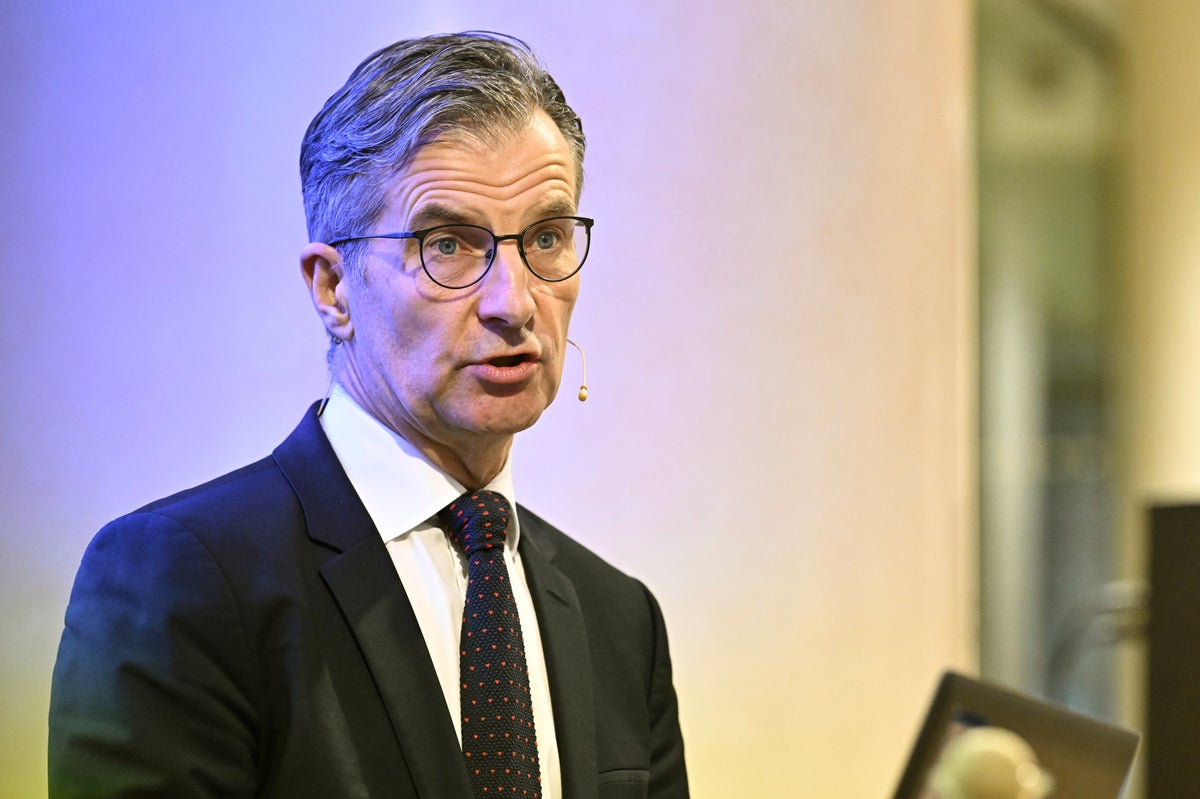
Sweden’s central bank on Thursday raised a key interest rate by half a percentage point, saying inflation “is far too high and has continued to rise.”
Riksbanken has followed other central banks around the world by enacting large interest rate hikes to tamp down price spikes that have consumers paying more for food, energy and much more. The U.S. Federal Reserve, European Central Bank and Bank of England also made similar hikes last week.
“High inflation undermines households’ purchasing power and makes it difficult for them and for companies to plan their finances," Riksbank said in a statement. “It is important for confidence in the inflation target that inflation falls back clearly this year, and there are many indications that it will do so."
Higher electricity prices lifted inflation in Sweden to 10.2% in December, up from 9.5% in November as measured by the consumer price index with a fixed interest rate. It was the highest level in 31 years and far above the Riksbank’s inflation target of 2%, according to Swedish news agency TT.
To get inflation to fall “within a reasonable time,” the bank said it raised rates to 3%, the highest in nearly 15 years, TT reported.
Beginning in April, Riksbank also would start selling government bonds “to reduce asset holdings at a faster pace” and said its forecast indicates that the interest rate will probably be raised further in the spring.
Sweden is part of the European Union but does not use the euro, so it is not part of European Central Bank, which hiked rates by half a point last week to combat annual inflation of 8.5%.







